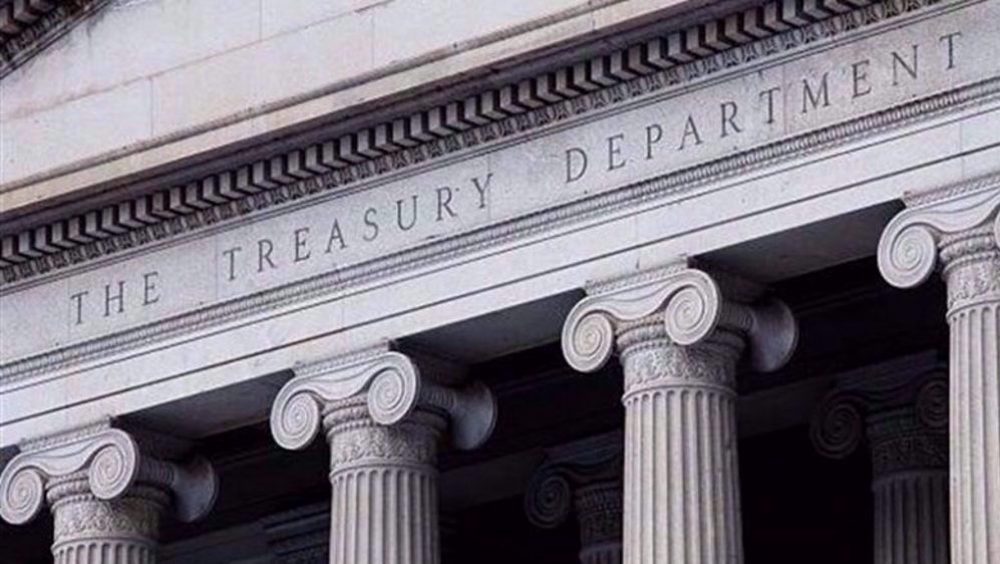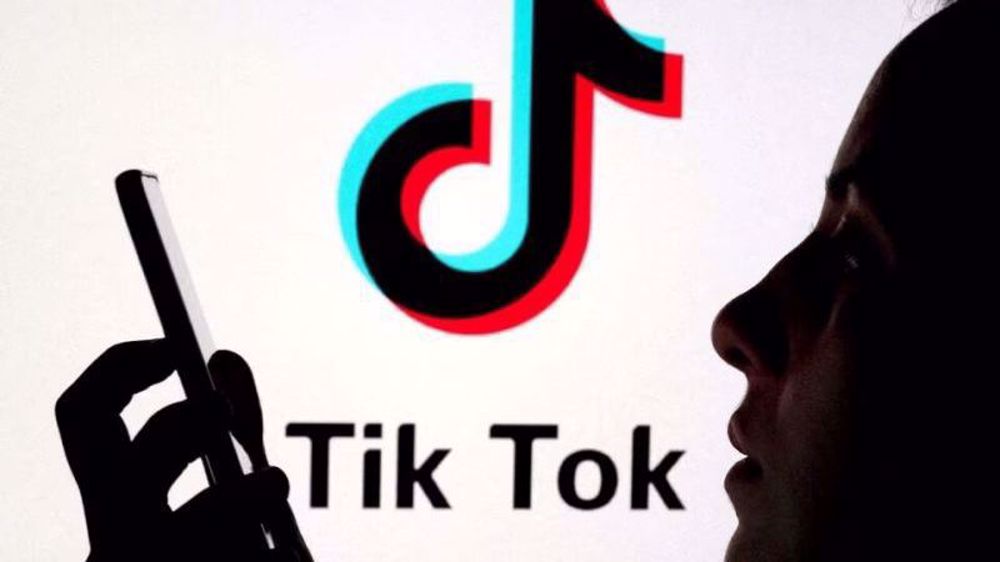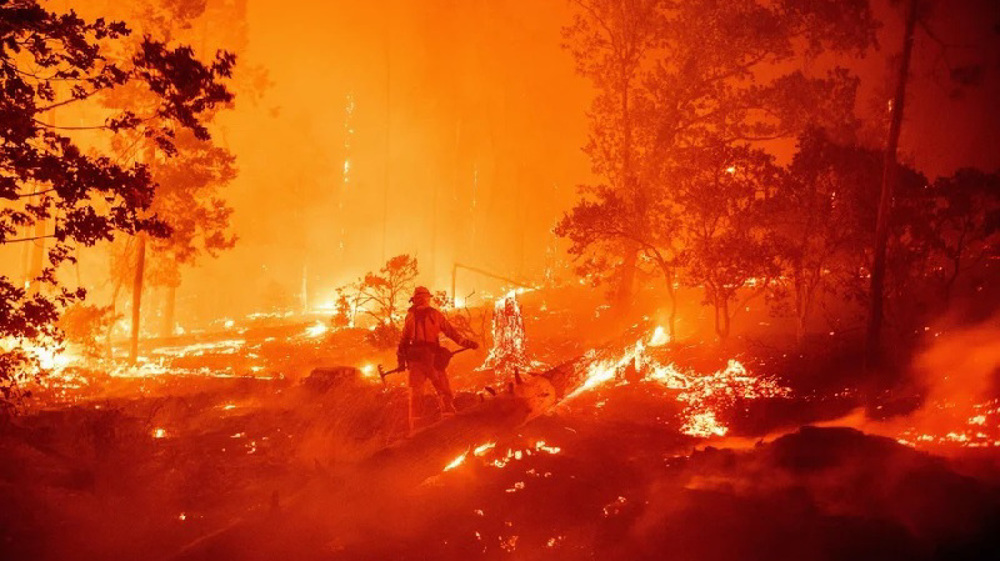Millions of US jobless desperate after 7 months of lockdown
Ramin Mazaheri
Press TV, Chicago
A "Great Lockdown" which was advertised to last only three weeks in the United States is now nearing seven uneven months, and its economic toll is decimating huge portions of society.
Many people have been looking for work so long that they are no longer counted in the new official jobless rate - 8 percent. But the government has crafted a very narrow definition of joblessness - other analysts say the true rate is closer to 25 percent.
Congressional gridlock has reigned for two months, putting tens of millions in desperate need of governmental economic assistance.
The COVID recession is being called the most unequal recession ever. During the recessions of 1990, 2001 and 2008, the job-loss gap between the highest-paid quarter of the workforce and the lowest-paid quarter was only about 3 percent, meaning job losses were spread evenly.
During this year’s recession the job-loss gap is an astronomically higher 30 percent. The nation’s highest-skilled workers have been spared the chaos and instability but so many poorer and middle-class Americans are enduring every day, with no end in sight.
The social classes of low-wage workers, minorities, the youth, and parents with children have had the worst time trying to find a new job because they are often employed in the sectors of the economy most affected by the pandemic, the ones deemed “non-essential.”
In today’s new “K-shaped economy” it is these classes who are heading downwards, further and further away from equality with the privileged class.
The ongoing presidential campaign features a lot of blame-gaming for who is at fault, but either winning candidate can be certain to inherit a crippled economy which could tip into a second Great Depression, especially for the nation’s lower classes.
Hamas thanks Iran, Resistance Front following achievement of ceasefire in Gaza
'Capitulation': Israeli officials and media concede Gaza defeat as truce unfolds
'Gaza has won': Social media users react to ceasefire with mix of relief, joy
Iran seeks South Korea’s assistance for AI, fiber-optic projects
VIDEO | Iran's 'Eqtedar' (Power) maneuver
Israel hits HTS military target in Syria for 1st time since fall of Assad
VIDEO | Press TV's news headlines
Israel has slaughtered 13,000 students in Gaza, West Bank









 This makes it easy to access the Press TV website
This makes it easy to access the Press TV website